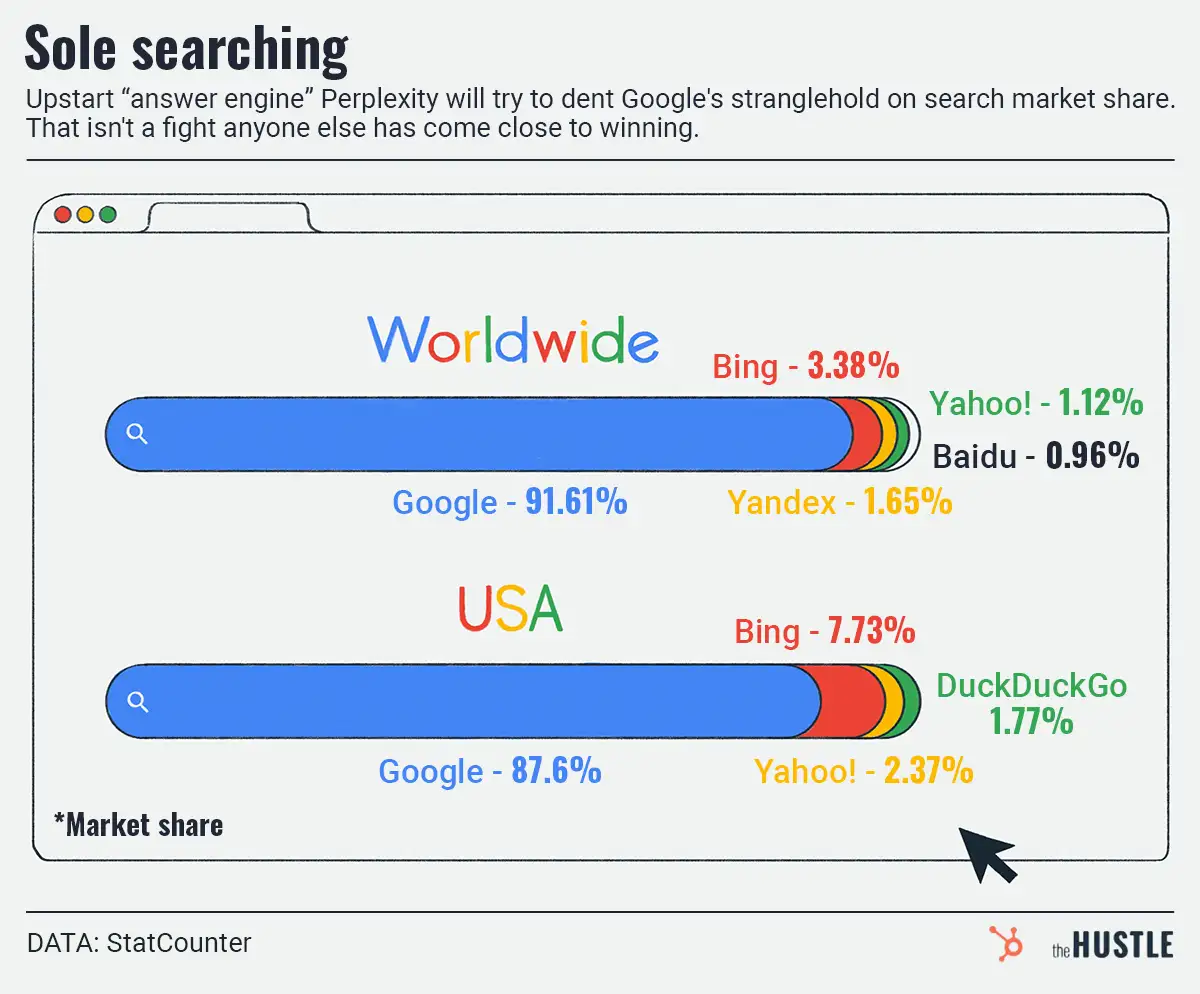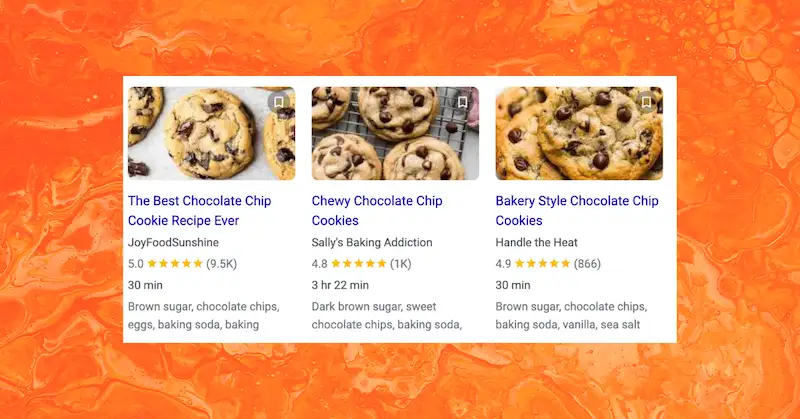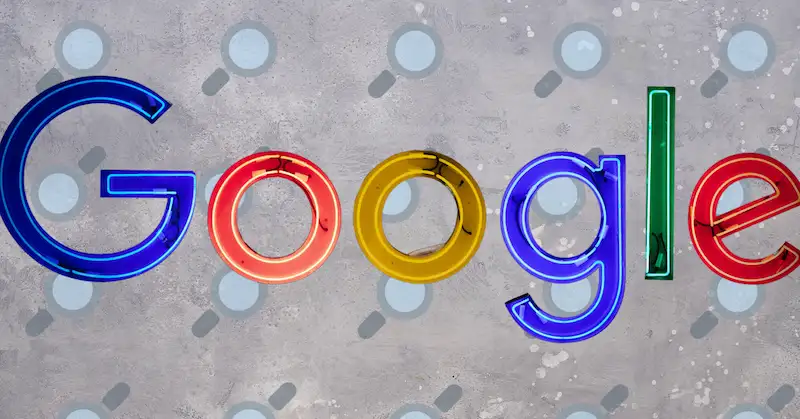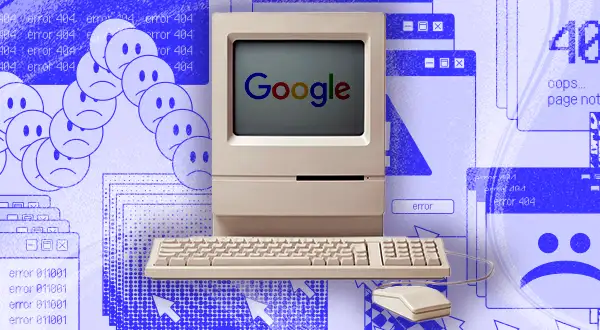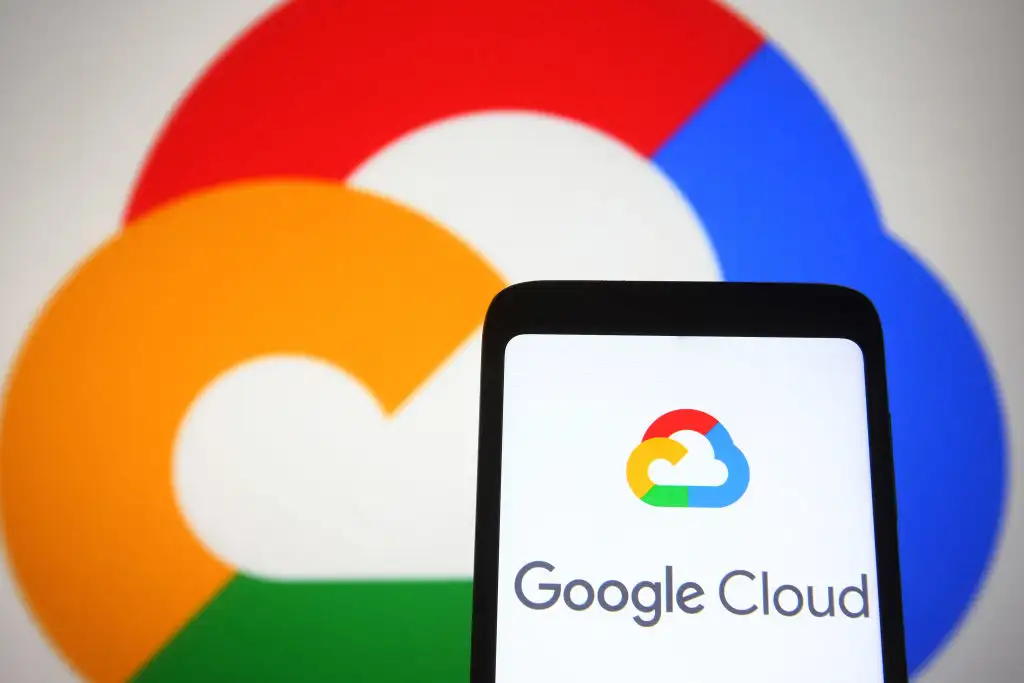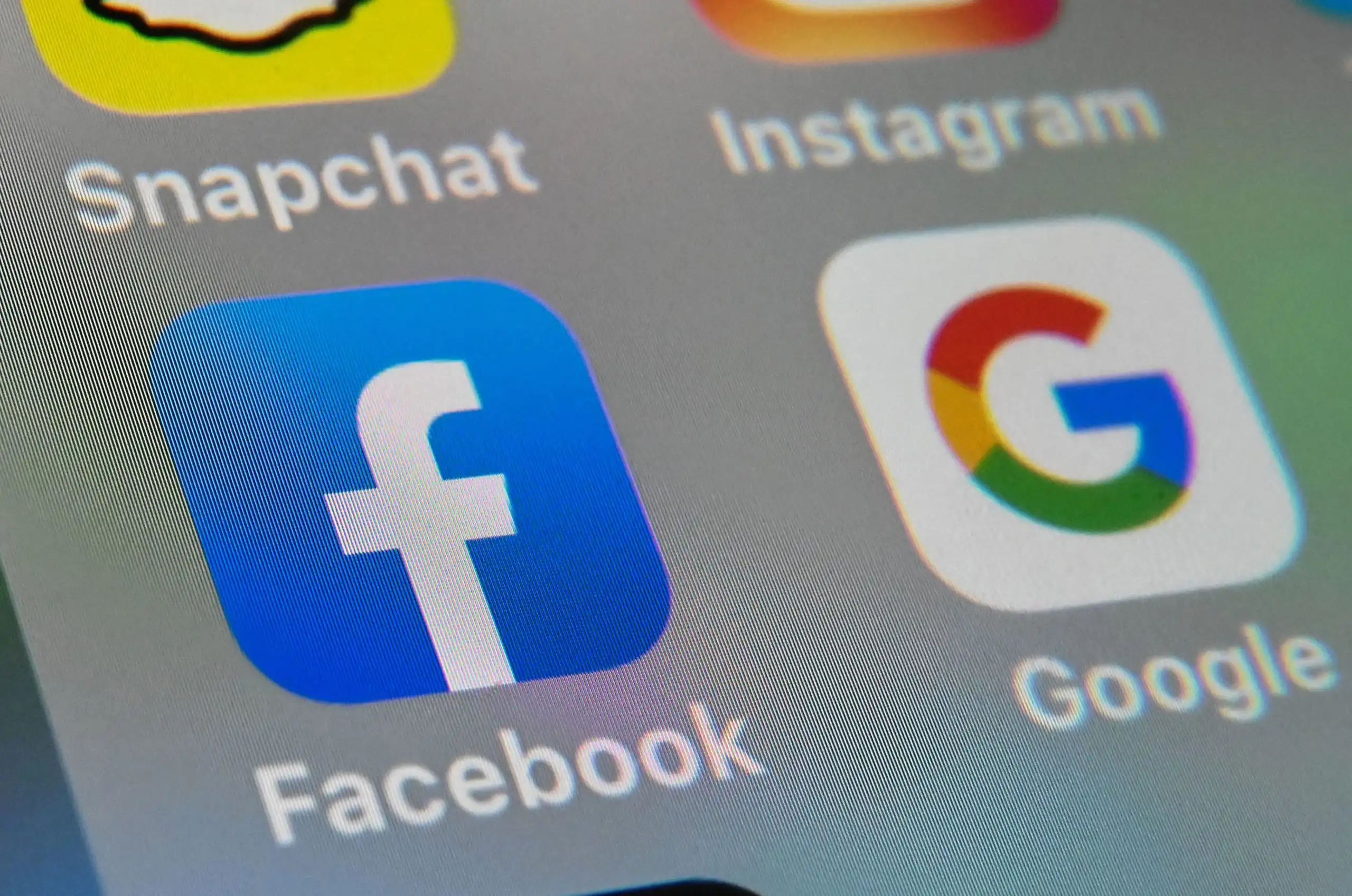Google doesn’t exactly have the best track record with hardware (cough, Google Glass, cough) but that doesn’t seem to be stopping the search giant from giving it another go.
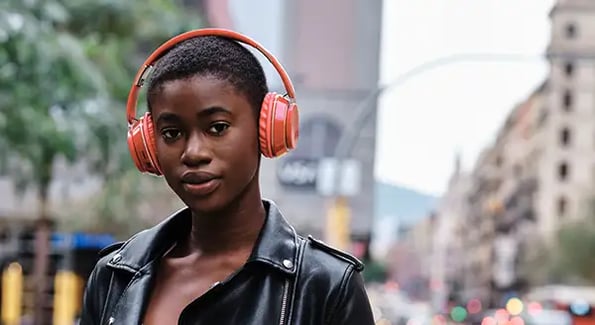
Per Protocol, a series of recent moves suggest Google is gearing up to take a big swing at the headphone market.
The moves include…
… 4 acquisitions:
- Synaptics, which owns patents for “Balanced stereo headphones” and “Active Noise Canceling Earbuds”
- Dysonics, which develops software and hardware to support spatial audio
- RevX Technologies, which owns patents for using in-ear microphones to assist noise-cancellation in headphones
- Tempow, which developed patents for “switching between multiple earbud architectures” and “low latency Bluetooth earbuds”
The moves also include some major hires — Google brought in employees from all 4 acquired companies, along with Peter Liu, a longtime Bose engineer who helped develop the Bluetooth LE Audio standard.
And it’s not done — recent job listings mention that the company is developing custom audio silicon to “distinguish our first-party devices.”
Google’s no stranger to headphones
In 2017, the company released Pixel Buds — its wireless headphones that came equipped with Google Assistant.
After disappointing sales from the 1st and 2nd generations, Google released new models last June at a reduced $99 price point, making them a budget alternative to Apple’s AirPods — which are kinda the elephant in the room:
So why double down on headphones?
Possibly, to be more like Apple. Apple’s tight integration between hardware and software has been key to its success (and led to plenty of regulatory hot water).
Google has services that could benefit from tighter integration with audio hardware, including Google Assistant and YouTube, where the company is making sneaky progress in music and podcasts.
Whether the new headphones are successful, they’ll likely never be as polarizing as Google’s most infamous hardware play.


